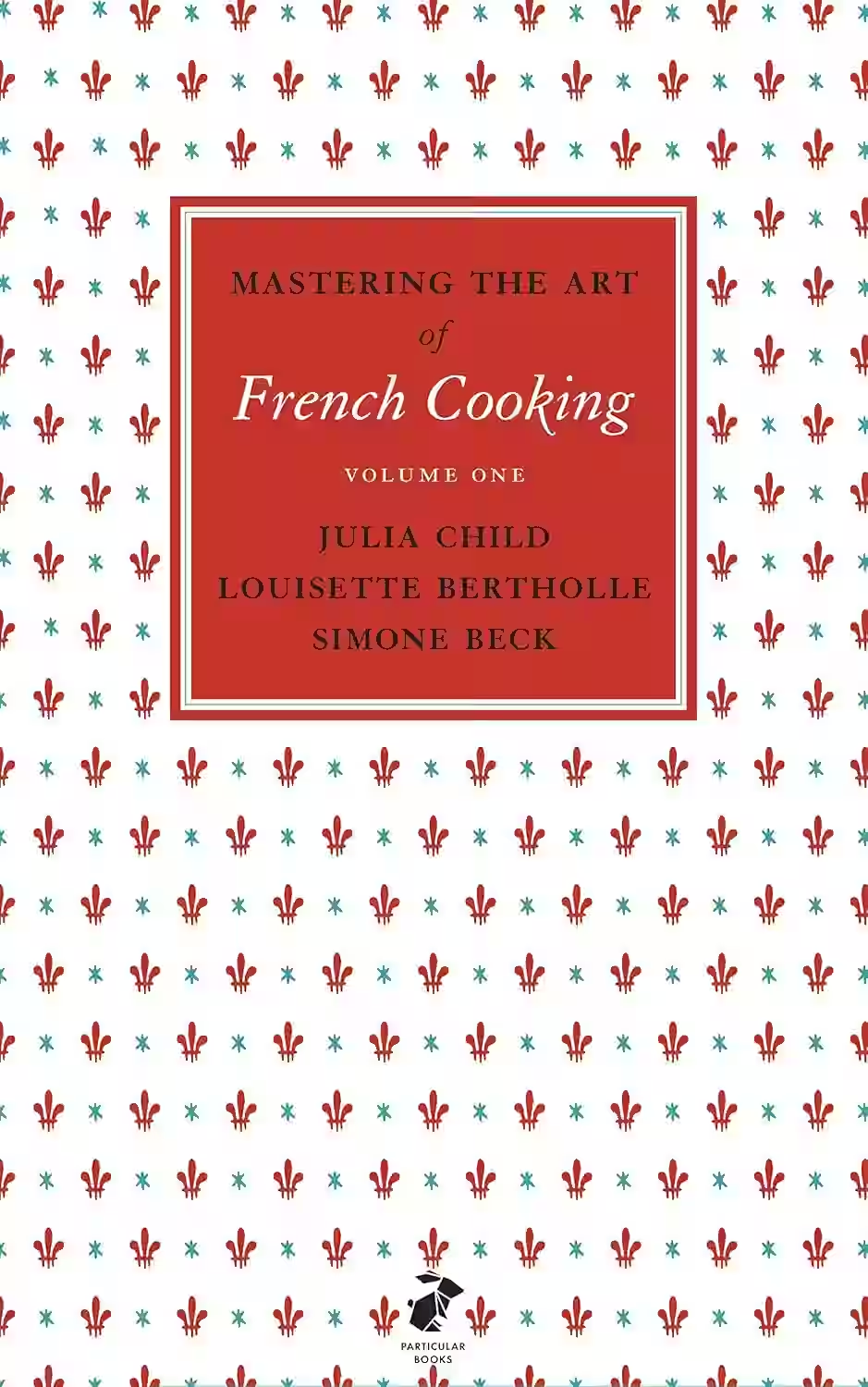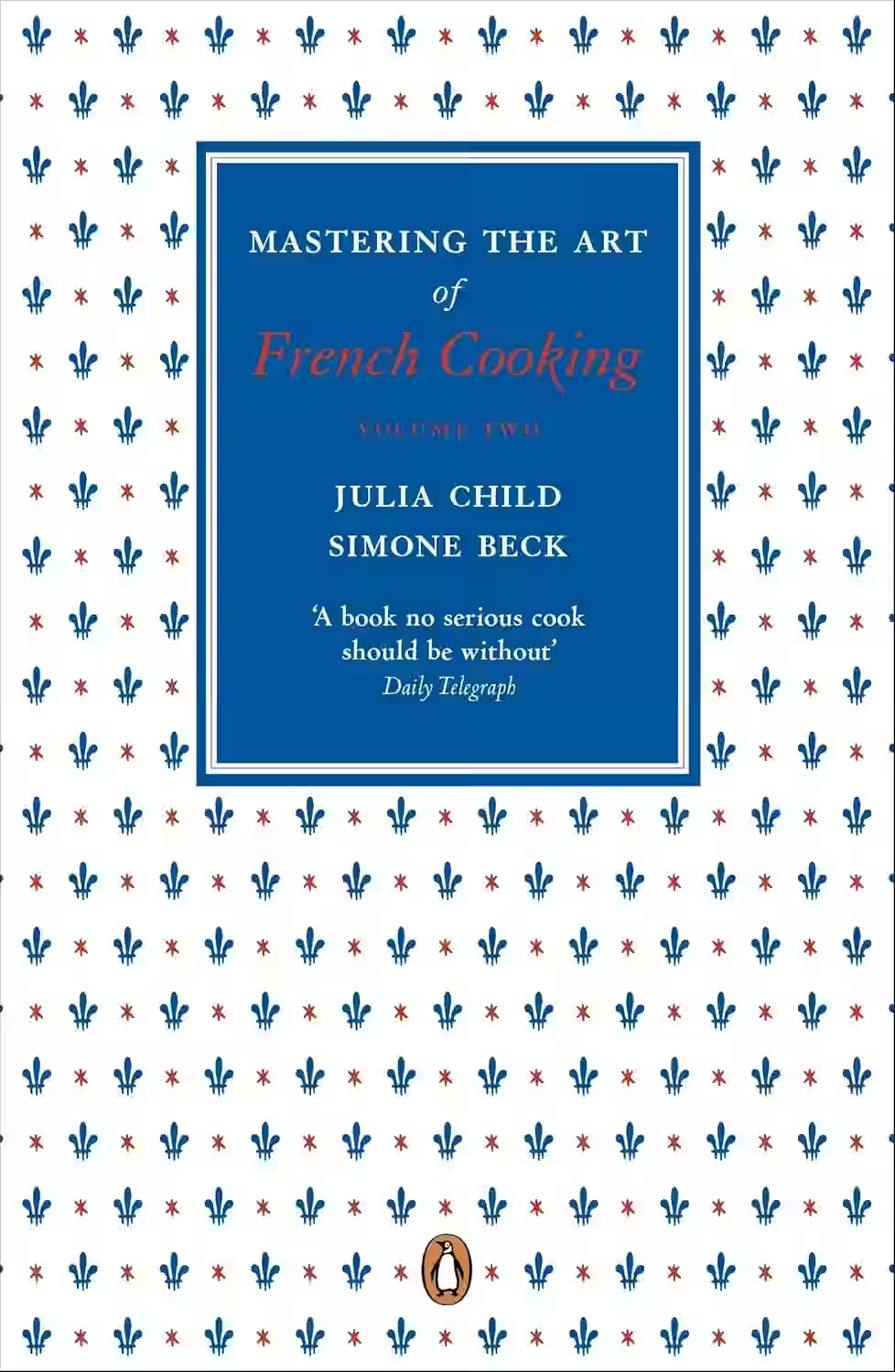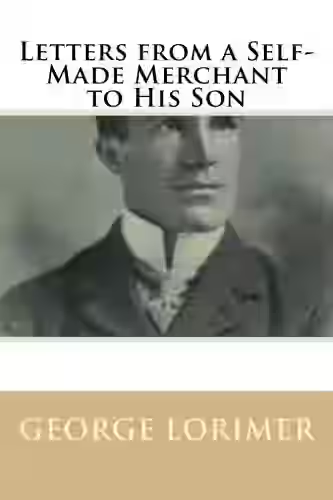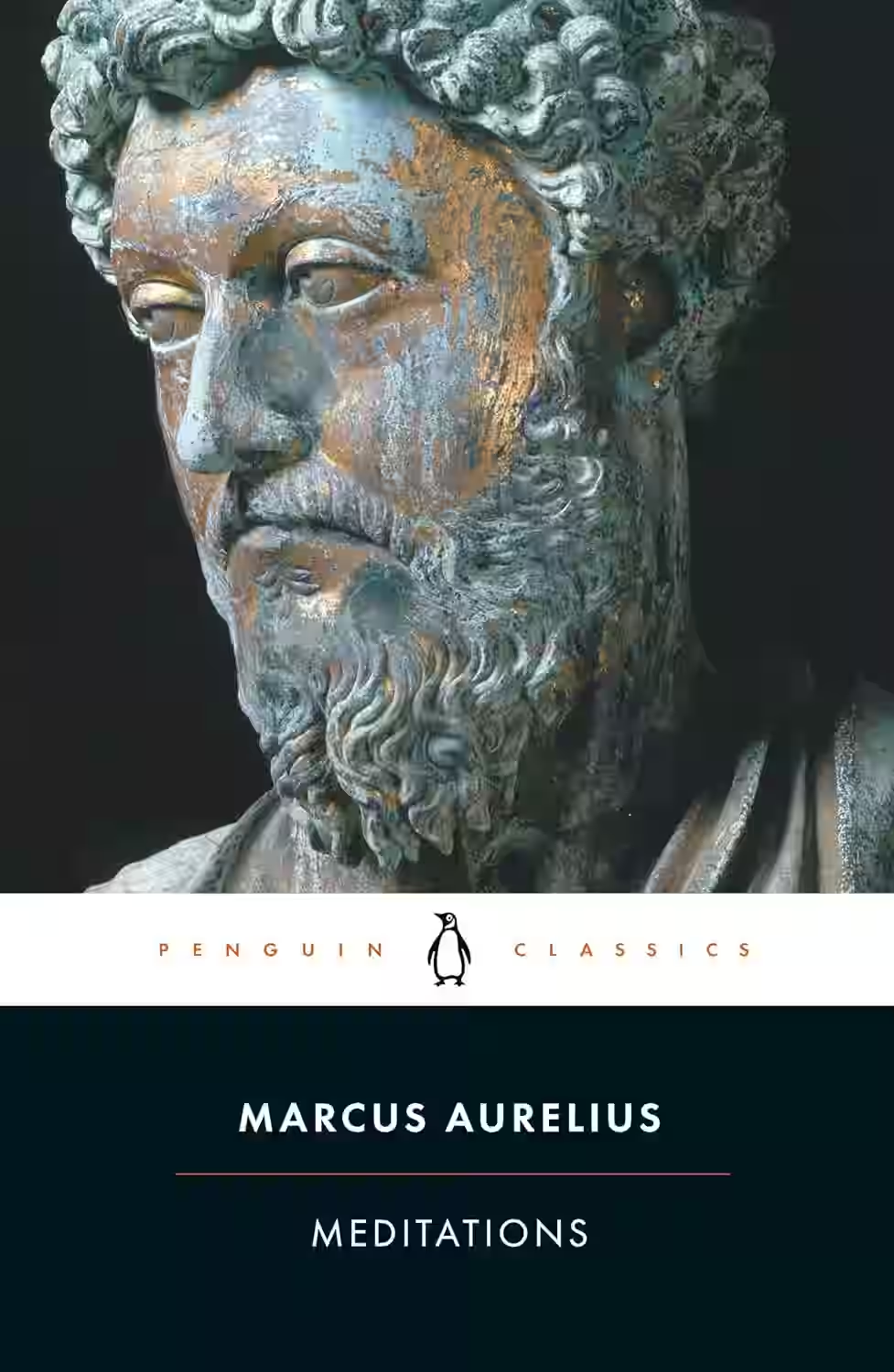
Co-authored by Julia Child, Simone Beck, and Louisette Bertholle, this seminal cookbook introduced classic French cuisine to the American home cook. Published in 1961, Volume 1 demystifies complex French techniques with meticulous instructions and practical guidance. Covering sauces, soups, meats, and vegetables, it emphasizes methodical preparation and precise detail, making gourmet cooking accessible. The book was groundbreaking in its thoroughness and clarity, with step-by-step illustrations and a scientific approach to food. A staple for serious cooks and beginners alike, it helped transform American culinary culture and remains a definitive reference for mastering timeless French dishes.
About Julia Child
Julia Child was a pioneering American chef, author, and television personality who brought French cuisine into American homes. Trained at Le Cordon Bleu in Paris, she co-authored Mastering the Art of French Cooking, which demystified classical French techniques for everyday cooks. Her iconic TV show, The French Chef, made her a household name and inspired a culinary revolution. With her warm personality, fearless experimentation, and passion for food, Child changed the way Americans thought about cooking and eating. Her legacy endures in the continued popularity of her books and her lasting influence on culinary education and food media.
Other Books by Julia Child

Mastering the Art of French Cooking: Volume 2
by Julia Child
Published in 1970 by Julia Child and Simone Beck, Volume 2 builds on the foundational work of its predecessor, diving deeper into complex recipes and lesser-known regional specialties. It explores dishes like cassoulet, baguettes, and charcuterie, offering insight into more intricate techniques and ingredients. While Volume 1 focused on fundamentals, this volume emphasizes refinement and culinary artistry. Designed for cooks ready to advance their skills, it includes more precise measurements and scientific explanations. With an emphasis on tradition and mastery, Volume 2 remains a sophisticated, indispensable companion to the original, cementing Julia Child’s legacy as a culinary educator.
Similar Books

Good Vibes, Good Life
by Vex King
Good Vibes, Good Life offers practical guidance on cultivating positive thinking, practicing mindfulness, and developing healthy habits for greater well-being. Vex King shares his personal journey and insights on self-love, overcoming negativity, and creating a life filled with purpose and joy.

Letters from a Self-Made Merchant to His Son
First published in 1901, this epistolary book presents fictional letters from a successful Chicago pork packer to his college-aged son. Blending wit, business acumen, and life wisdom, the father offers advice on work ethic, integrity, personal character, and money management. Written in a candid and humorous tone, the book delivers old-fashioned common sense that remains surprisingly relevant. It's a manual not just for business, but for becoming a responsible and grounded adult. The blend of fatherly guidance and entrepreneurial insight has made it a classic on both parenting and leadership.

The Jungle
A harrowing expose of the American meatpacking industry in the early 20th century, The Jungle follows immigrant worker Jurgis Rudkus as he endures exploitation, poverty, and tragedy. Intended to highlight workers’ rights, it shocked readers with its depiction of unsanitary conditions, leading to major food safety reforms. Sinclair’s powerful, muckraking novel remains a classic of social criticism and a landmark in investigative literature.

Meditations
Written by Roman Emperor Marcus Aurelius, Meditations is a series of personal reflections on Stoic philosophy. It offers insights on resilience, humility, and the nature of human existence, emphasizing self-discipline, rationality, and virtue. Composed as a private journal, the work reveals how to maintain inner peace amid external chaos, making it a timeless guide for personal growth. Its concise wisdom and ethical clarity continue to influence leaders, thinkers, and individuals seeking meaning in a turbulent world.